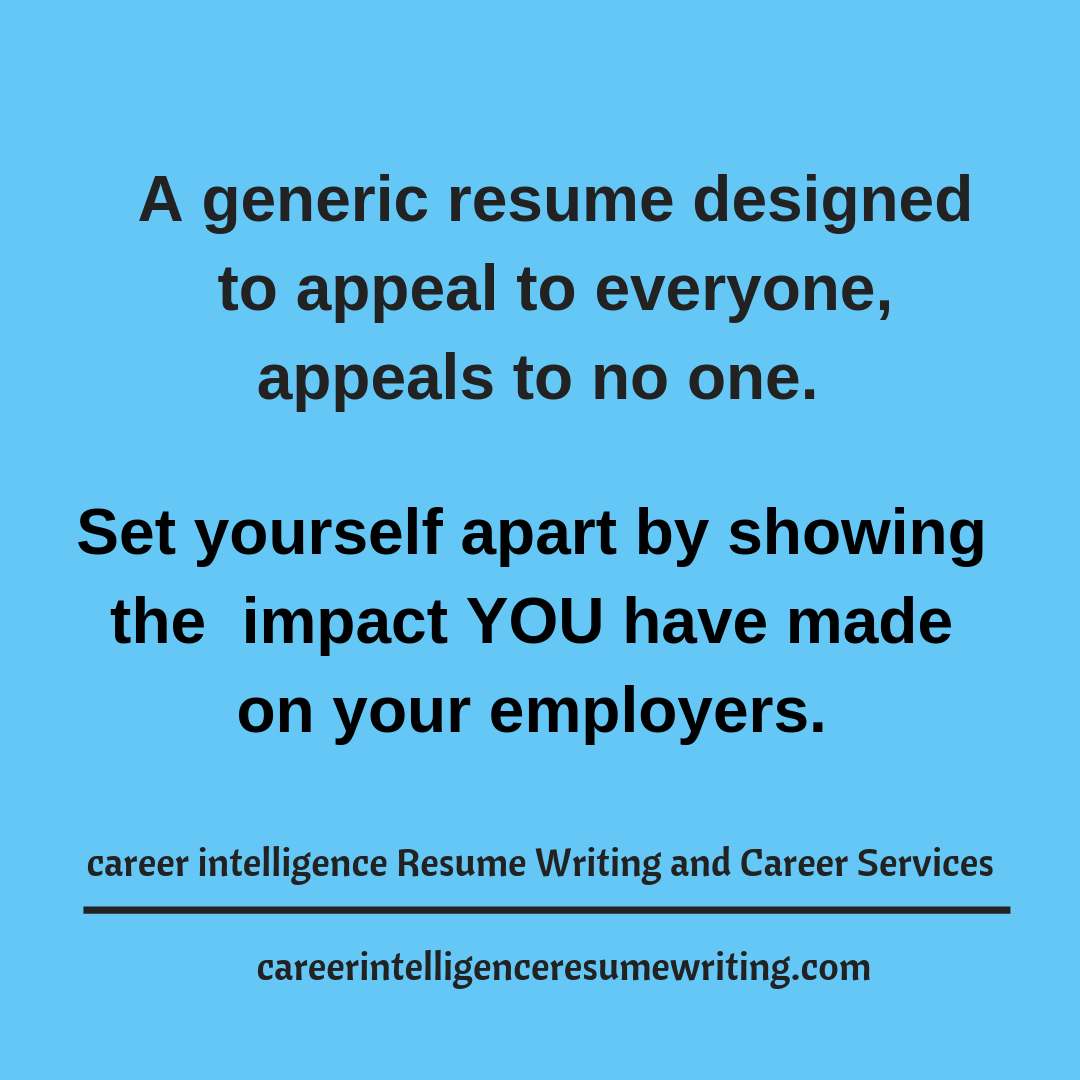How To Give Your Boring Executive Resume Some Style
The first rule of executive resumes is that Content is KING! No matter how snazzy your resume looks, if your content doesn’t convey value it’s unlikely to generate job interviews.
That said, having a well formatted executive resume infused with color and style can help set you apart from your competition.
When it comes to formatting, the biggest problem with DIY resumes is sloppiness.
This is often seen in inconsistent bullets, employment dates that have migrated across the page, and teeny, tiny or weird fonts that no one can read.
Smarter Career Moves Club on Clubhouse
If you’re on Clubhouse and looking for career information and advice look for our new Smarter Career Moves club.
Smarter Career Moves is the place to learn strategies, techniques, and activities that will help you move your job search forward and advance your career
Join our events to get information and practical advice from career professionals. This is a space to exchange ideas and learn from each other. Come with questions and don’t be afraid to ask.
How To Make Sure Your Resume Is ATS Friendly
Applicant tracking software systems or ATS systems electronically handle many recruitment and hiring needs. One applicant tracking system function is parsing each job application and resume looking for relevant keywords, skills, years of experience, former employers, job titles, colleges and universities, etc., based on employer criteria and store that information in a database.
To employers, who often get hundreds of applications for every position advertised on a job board, applicant tracking software is a boon. On the other hand, many job seekers refer to them as the “black hole.”
When I was working as a recruiter, at least 80% of the job seekers who responded to my job posting weren’t remotely qualified for the job. So before blaming the black hole, make sure you are a qualified candidate: your work experience matches most of the job opening’s requirements. Not necessarily all, but most.
It’s also essential to ensure that your resume is ATS-friendly.
Following are some of the most often asked questions about applicant tracking software systems. The answers won’t help you get contacted if you’re not a qualified candidate. They will help you create an ATS friendly resume.
Most Popular “How To” Executive Resume Writing Questions
Crafting a compelling executive resume that gets results isn’t easy. Many executives and professionals turn to an executive resume writing service. They spend time researching who is the best executive resume writer.
Other professionals looking for an executive position decide to tackle executive resume writing themselves. When talking to a professional resume writer, these are some of the “how-to” questions people ask.
12 Often Asked Executive Resume Writing Questions
#1 What do employers look for in a resume?
Employers are looking for people to solve their problems. A hiring manager wants to know what you can do for them.
People in similar positions at similar companies do similar things. What differentiates candidates from one another is the impact they have had on their employer(s).
More specifically, a recruiter or hiring manager wants to see how you saved time, cut costs, improved productivity, generated revenue, etc.
Five Resume Elements That Should Be Forgotten
You’re probably familiar with the phrase “everything old is new again.” But when it comes to resumes, everything old is not new again. It’s just old.
Resumes have changed a lot over the last 15 years. They’ve morphed from boring employment histories to compelling marketing documents designed to sell you — the candidate — to recruiters and employers. While some basic components like professional experience and education remain, there are other elements that make your resume and, by default, you look dated.
1. Objective Statement
Although objective statements have been passé for years, I still see them on resumes. One reason they fell out of fashion is that they were all basically the same. Every candidate was looking for a great company, where they worked with awesome colleagues, and had room to grow. Boring. Worse, objective statements didn’t address what every employer wants to know “WIIFM?” (what’s in it for me?). Scrap the objective statement and replace it with a summary that demonstrates your value.
Make Sure Your Executive Resume Demonstrates Your Value
If you’re writing your own executive resume, it can be tempting to include everything you’ve done over the last 20 years. Or longer. A long, boring, job history is the perfect way to make sure no one contacts you.
If you want to get the attention of recruiters and hiring managers, it’s essential to demonstrate YOUR value.
Immediately.
Highlight your achievements. Recruiters and hiring managers want to know about the impact you’ve had on your employers. They want to see times you’ve saved time, improved productivity, cut costs, generated revenue, etc. Present your resume in a modern, easy-to-scan format. Focus on positions that are relevant to employers.
7 Ways To Increase Your Chances Of Getting A New Job
Most of us wouldn’t buy a home or a car or even a new phone without some planning. Before a large purchase we’d check our credit report and research prices. Depending on the purchase, we might read reviews of realtors or retailers. We want to be prepared when we find the perfect whatever.
Yet, many people jump into a job search, a process that could change their life, with no preparation.
They see a few interesting job posts and decide it’s time for a change.
Often, they don’t have their resume or LinkedIn profile recruiter ready. They haven’t researched the salary range for the position they seek. They may not even have a clear understanding of what they want in a new position.
Big mistake.
A job search requires as much preparation as any other big move. Here are 7 steps you need to take before you begin your job search.
3 Executive Resume Must Haves
To be effective an executive resume needs to convey value. Right away. Early in your career you may have been able to get by with a basic employment history. However, once you reach the executive level, or are targeting those rolls, demonstrating the impact you’ve had on your employers is critical.
Unfortunately, most of the resumes that come across the desks of recruiters and hiring managers are boring lists of duties and responsibilities. Nothing to motivate the reader to set up an interview.
The good news, is that if your executive resume does demonstrate value and engage the reader you will stand out from the pile of other candidates. In a good way.
3 Things Your Resume Must Include
Quantifiable Results
Employers expect senior professionals to do more than manage a team, run a department, or be responsible for a sales region. They want to know what you’ve done that’s had an impact on the business.
The best way to demonstrate value is show how you’ve made money, saved money, saved time, anything that’s had a positive effect. While quantifying results may be easier in some professions, like sales, if you take the time to “dig deep” you can come up with results.
Don’t End Up At The Back Of The Pack In January
There are only a few weeks left to 2018. If you’re already looking or plan to start in the new year, there is no time to waste. Serious candidates are working a job search plan right now. If you’re taking time off to enjoy the holidays, you’re falling behind. Here are a few ways to catch up.
Target Employers
First, create a list of target employers. These are your dream employers, the places you would work if you could work anywhere. Ten is a good place to start. Learn all you can about them.
Make a note to visit their website periodically to check job openings. As a recruiter, it was rare to source a job that was not listed on the company website. The exception being a confidential search when the person didn’t know they were being replace.
Top 10 Resume Don’ts
Crafting a resume is just one component of a multi-step, job search process. A successful job search also includes networking, developing a list of target employers, creating a robust LinkedIn profile, salary negotiation, and more.
Still, in many cases, your resume is the catalyst that gets the ball rolling. Without a compelling, results driven resume you may never get invited to a job interview.
There are many articles on how to write a resume that generates calls, I’ve written several myself. What’s not as often addressed is what “not” to do.
So to change things up a bit, here is a list of things to avoid.
Top 10 Resume Don’ts
- Don’t lie. While a resume should be a marketing document, being dishonest is never OK. Even the smallest lies, things that you might consider an exaggeration, can come back to haunt you. For example, stating you have an MBA when you have a MA make take you out of the running. Saying you have a degree when you don’t will almost definitely get you cut.










